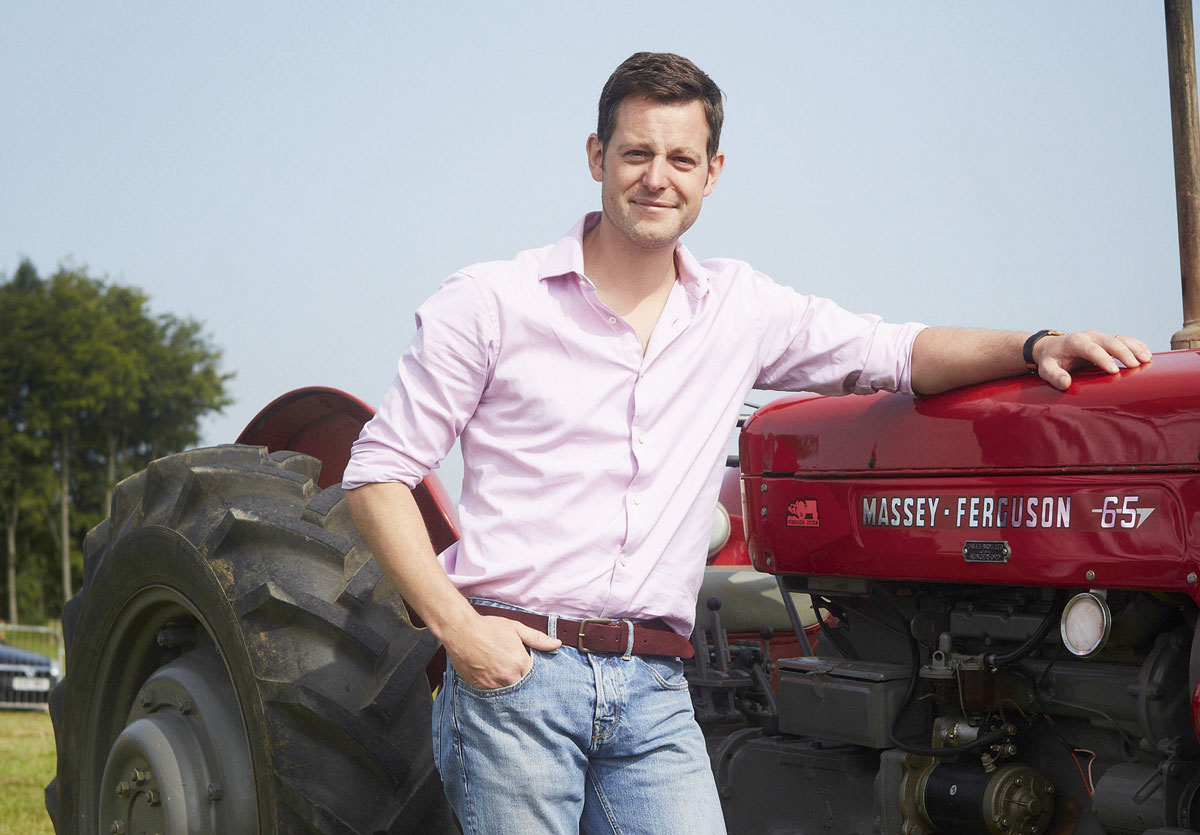It’s become something of a running joke in our family, as my dad thumbs through his woodwork catalogues folding the corners to highlight his choice of Father’s Day or birthday present, that over the past few years he has developed a love for all things wooden.
I don’t know if this has something to do with my age but recently, as Dad and I conversed over the growing pile of woodworking books in my parents’ downstairs loo, I too began to feel the embers of a wood-burning stove glow deep in the pit of my stomach.
Perhaps this fire has been fuelled by my job. Over the past 10 years I’ve been extremely fortunate to be able to travel the world and come face to face with some amazing cultures. To capture a sense of where I’ve been I often returned with a little memento and as I write this, surrounded by an African tribesman’s bow, ornate patterned boxes, carved animals, dolls and musical instruments, I realise they are all made of wood and that each encapsulates not just my memories of the place but also the character of the craftsmen that made them. A little bit of their world lives on in my home on the other side of the globe from where the original tree grew.
Forgotten crafts
Wood has dominated some of my recent reports for Countryfile as I’ve tackled a few of our sadly dying heritage skills. First up was a simple hurdle, a small wooden gate used to pen sheep.
Under the watchful eye of Brian Willis I worked my way around the workshop near Badminton with my trunk of fresh ash (green wood as it’s known to us woodworkers), being introduced to lots of bizarrely named hand tools. From the adze to the maul, these single-job tools have now been succeeded by modern multipurpose power tools, but as I as split, froed and whittled away, my connection with the evolving gate grew stronger.
If you watched the programme, you’d have seen how delighted I was with my hurdle. What you didn’t see was the struggle I had trying to fit the masterpiece in my Land Rover to get it home. Standing proudly, as it now does, in my front garden, it’s proof that no matter who or where you are in the world, the passion for reshaping trees and an appreciation for the art that goes into it, runs deep in the soul.
The following week I found myself making windmill shutters as part of a restoration project on the Norfolk Broads. By now I was well on the way with my heritage apprenticeship, but was yet to face my greatest woodworking challenge. Just a few weeks after I’d first stepped into Brian Willis’s workshop, I experienced the life of a bodger, an artisan who works among the trees producing the turned parts of ornate chairs, deep in the green woodlands of the Chilterns.
Channelling my inner lumberjack, I grasped the axe and began to chop wildly at the base of our chosen tree. There was just one snag. As with any TV schedule, time was everything and we only had 15 short minutes to fell it. Two hours later and she was down! Then came the second small problem. The felled tree now lay across the only track out of the woods; all the crew vehicles were barricaded in. After a quick picnic, everyone set to work. Our cameraman Rob was swinging an axe and Sam our director was sawing frantically – but jovially – as dusk approached.
I, meanwhile, was led through the therapeutic experience of pole turning, pumping my leg rhythmically to drive the lathe, a rustic one-man band. As a chair leg took shape beneath my chisel, and the birds sang in the canopy above, I experienced, as so many have before me, the sincere sense of satisfaction that comes from crafting wood with my bare hands, without any help from modern technology. What a joy it was.

